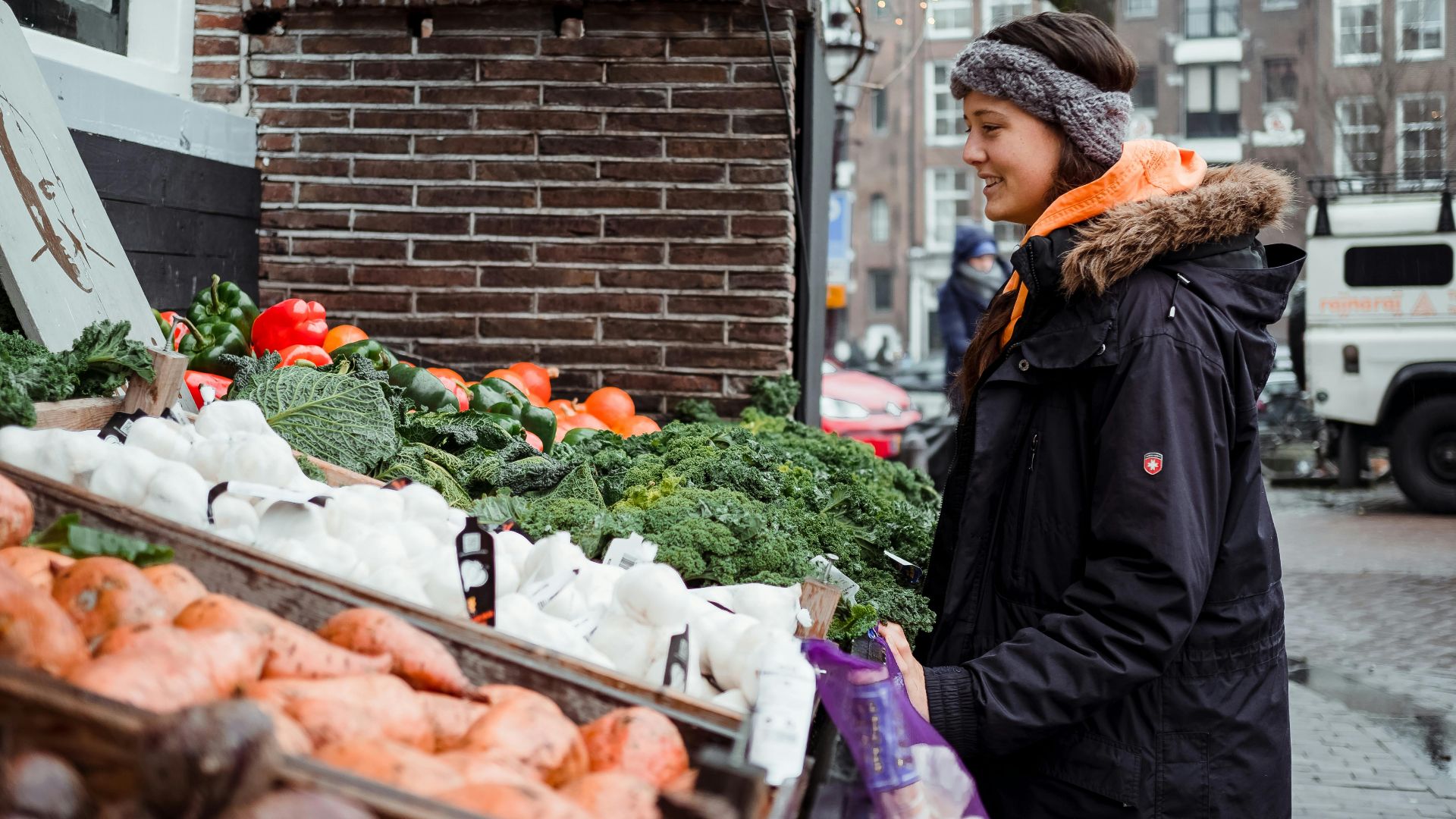A Fresh Produce Paradise
Farmers’ markets are a gold mine. They're snapshots of your region’s culture, shaped by the growers, bakers, and makers who show up every week and give it their all. Behind every item sold is a person who’s invested hours and sometimes generations of work into getting it into your hands. Stick around as this list shows why shopping here matters and how you can keep these farmers’ market stalls thriving.
1. You Get Fresher Food
When you shop here, you eat produce that left the field only a day or two ago. Such timing ensures nutrient integrity, with delicate vitamins staying intact. The short storage window sharpens flavors, too, delivering crisp texture and heightened taste directly into your meals.
2. You Help Keep Money Local
Shopping at local farmers’ markets keeps more dollars nearby. That steady support empowers family farms, keeps land productive, and feeds growth into surrounding businesses. Think of it as fueling a loop where your grocery decision actively sustains the neighborhood’s future.
3. You Eat What’s In Season
Imagine slicing open a fall pumpkin, its bright flesh glowing with beta-carotene just as cold winds arrive. That’s the kind of privilege you get with such markets. Seasonal harvests actively encourage variety on the table, which is beneficial as it helps you avoid eating preservative-filled foods that are out of season.
4. You Lower Your Carbon Footprint
Rich Pirog of the C.S. Mott Group discovered that conventional food distribution generates 5 to 17 times more CO₂ emissions than local and regional systems. Want an easy way to cut your carbon footprint? Buy local. Every choice you make trims emissions like scissors slicing through paper—benefiting the planet.
5. They Are Culture Hubs
Farmers’ markets are also places where you meet people and mingle. A stroll may involve conversations with growers, neighbors, or musicians entertaining the crowd. The atmosphere fosters inclusion and positions markets as lively community gatherings beyond their role as food outlets.
6. You Discover Heirlooms
Ever tried a potato as vivid as a violet flower? These heirloom offerings excite curiosity and redefine flavor expectations. Exploring such produce helps protect agricultural diversity while encouraging you to experience tastes that connect farming history to modern tables.
7. You Get Safer Food
At these markets, when you ask a grower about soil health or seed origin, you’ll get an answer. That transparency reduces risks tied to long supply chains. Such openness builds accountability, allowing you to trust exactly what lands in your basket.
 Those_Coffee_People on Pixabay
Those_Coffee_People on Pixabay
8. You Get Better Value For Money
Produce bought here holds quality longer, to preserve nutrients and taste. Imperfect items stretch your budget further, and bulk purchases lower per-unit costs. Even eggs extend their freshness remarkably: up to three months in the refrigerator—far longer than the typical 3–5 week shelf life of store-bought eggs.
 Julian Schwarzenbach on Pexels
Julian Schwarzenbach on Pexels
9. Sales Go Beyond Fruits And Veggies
Your basket can carry far more than greens. Fresh cheese, meats, artisan breads, and jars of golden honey expand choices and create meal variety. Buying these items gives additional small producers an essential income that strengthens the entire marketplace ecosystem simultaneously.
10. Teach Kids Healthy Food Habits
Picture a child selecting carrots straight from a farmer’s basket, learning food doesn’t originate in plastic. That moment sparks awareness, encourages curiosity, and cultivates respect for farming. These early lessons ripple into healthier eating decisions during their teenage years and beyond.
Shopping is only half the picture. To truly sustain farmers’ markets, consistent support matters just as much as purchases. Below, you’ll discover ten actionable ways to keep these spaces thriving.
1. Shop Weekly And Consistently
Frequent visits stabilize the flow of sales, helping growers plan harvests with confidence. Consistency minimizes wasted produce and enhances sustainability. By showing up weekly, you signal long-term loyalty that bolsters both farmer morale and the market’s lasting presence.
2. Bring Your Own Bags And Containers
Carrying reusable bags shifts responsibility from farmers to you. That choice trims plastic dependence, saves vendors unnecessary costs, and visibly marks you as a conscious shopper. Each reusable bag represents hundreds of disposables avoided over the course of a year.
3. Spread The Word On Social Media
Pew Research Center reports that the majority of U.S. adults use social media—83% use YouTube, 68% use Facebook, and nearly half use Instagram—making your farmers market photos a powerful form of free advertising. Your friends notice, and farmers gain new visitors.
4. Join Community Supported Agriculture (CSA) Groups
By subscribing to a CSA, you commit upfront. That capital shields growers from uncertainty and secures a steady stream of produce. It transforms your role from casual shopper into a dedicated partner who strengthens resilience in the face of agricultural challenges.
5. Volunteer Your Time
Studies from the University of Vermont and others show that CSA programs with active volunteer support benefit from stronger community ties and greater resilience—especially in cost-offset models. By lending time to set up or clean up, you build camaraderie and add heartbeat to the rhythm of every market day.
6. Use Market Tokens Or Vouchers
Programs involving vouchers extend benefits beyond individual shoppers. Tokens empower families facing financial strain while sustaining farmer revenue. These initiatives align equity with commerce, strengthening the structural role of markets as vehicles for both nutrition access and economic inclusivity.
7. Ask Questions And Show Interest
Your curiosity deepens bonds. Asking about seed selection or soil care affirms effort and demonstrates respect. Farmers respond warmly, sometimes introducing quirks like named hens or memorable stories that leave you with knowledge and an enduring sense of connection to food.
8. Buy “Ugly” Produce
Choosing produce that looks unconventional curtails unnecessary waste. These items carry identical flavor yet often sell at reduced prices, giving farmers fuller returns from harvests. Your acceptance turns aesthetic imperfections into tangible gains for sustainability and farm viability.
9. Support Rain Or Shine
Umbrella? Check. Boots? Check. Loyal spirit? Double check. Weather doesn’t stop harvests, so why should it stop you? Vendors often reward hardy shoppers with hearty bundles. Your dedication might just earn both extra produce and legendary rainy-day status.
10. Attend Special Events & Workshops
The sizzle of a pan, the scent of herbs rising—demonstrations transform ordinary market days into interactive classrooms. Attending these events sharpens your skills, celebrates farmers’ knowledge, and reinforces markets as cultural gathering spaces as well as food destinations.
KEEP ON READING


























